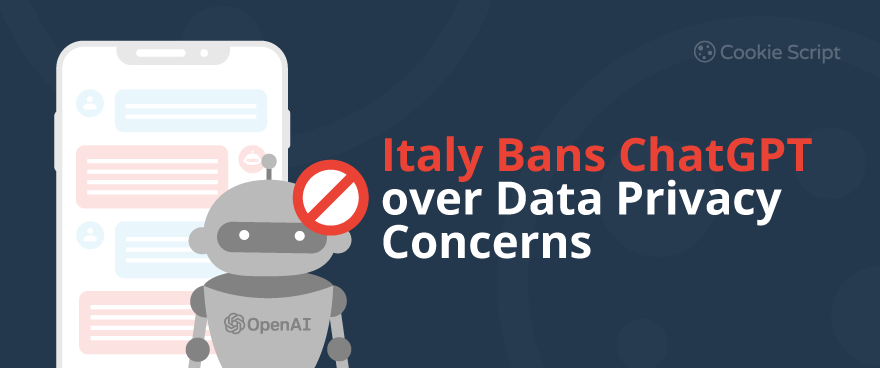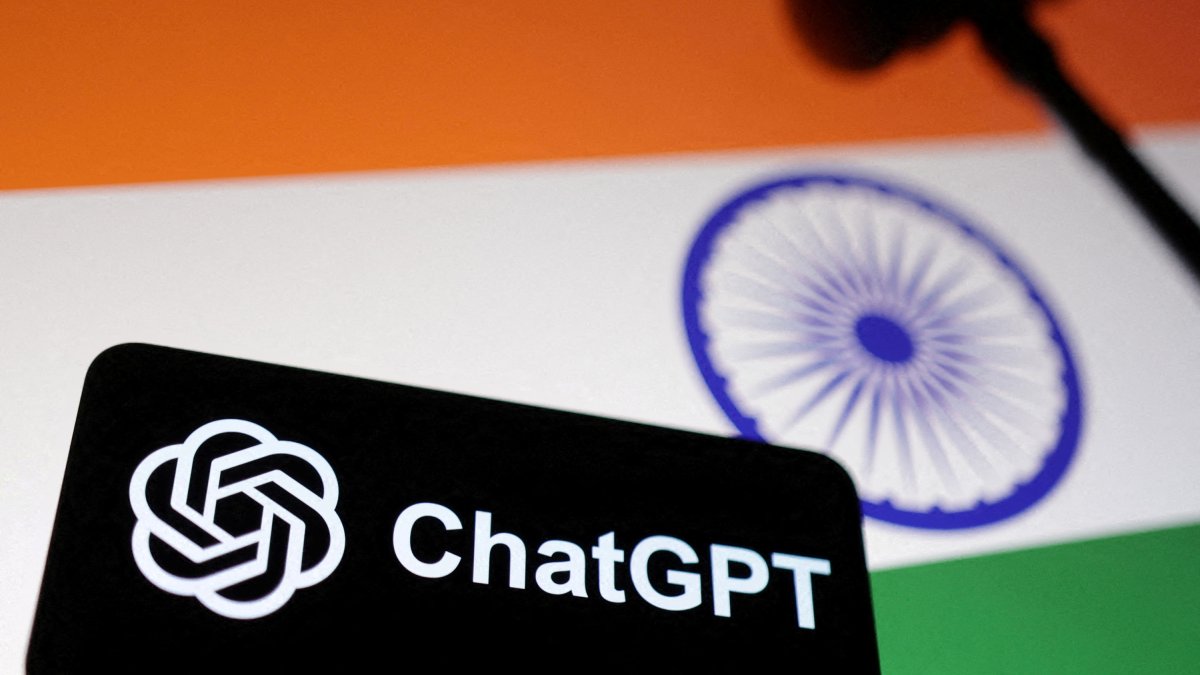OpenAI's ChatGPT Data Retention Policy Explained - Geeky Gadgets

What if the tool you rely on to streamline your work or spark creativity was quietly turning into a data liability? Recent revelations about OpenAI’s ChatGPT have sparked a storm of controversy, with a leaked strategy document exposing plans to transform the AI into a deeply personalized “super assistant.” While this vision promises unprecedented convenience, it comes at a cost: your privacy and data security.
Compounding the issue, a federal court order now mandates OpenAI to retain all ChatGPT conversations indefinitely, including sensitive or deleted content. For businesses and individuals alike, this raises unsettling questions about data ownership, compliance, and the risks of entrusting proprietary information to AI systems.
Privacy Risks and Legal Challenges
Goda Go dives into the tangled web of privacy risks, legal challenges, and ethical dilemmas surrounding ChatGPT’s evolution. From the implications of retaining sensitive data to the looming copyright battle with The New York Times, the stakes are higher than ever. You’ll uncover how OpenAI’s ambitions could reshape the way we interact with AI—and why it’s critical to rethink how we use these tools.
As the line between innovation and intrusion blurs, the question remains: can we truly trust AI to safeguard what matters most?

Key Takeaways
The court order requires OpenAI to preserve all ChatGPT interactions, including deleted and temporary chats. This directive directly conflicts with OpenAI’s stated privacy policies and global regulations such as the General Data Protection Regulation (GDPR).
For businesses, this creates significant risks: sensitive data entered into ChatGPT—such as financial records, proprietary strategies, or personal information—could potentially become accessible to legal authorities or third parties.

The lawsuit filed by The New York Times adds another layer of complexity. It alleges that ChatGPT may reproduce copyrighted material verbatim, necessitating the retention of chat histories to investigate potential copyright infringements.
Ambitious Plans for ChatGPT
Leaked strategy documents from OpenAI outline an ambitious plan to evolve ChatGPT into a “super assistant” capable of delivering deeply personalized user interactions. This envisioned assistant would integrate seamlessly across platforms, potentially replacing traditional tools and even some human interactions.
While this vision promises enhanced convenience and efficiency, it also raises significant concerns about data ownership, privacy, and security.
AI Reliability and Compliance
AI reliability remains a pressing issue, as demonstrated by real-world examples of decision-making errors. For instance, AI systems have misclassified healthcare contracts, leading to disruptions in critical services for veterans. Such incidents reveal the limitations of current AI technologies in managing complex tasks and large datasets with precision.

The risks associated with using ChatGPT extend beyond privacy concerns to include compliance challenges, particularly for industries with strict regulatory requirements like healthcare and finance.
Ensuring Data Security
To mitigate these risks, businesses should reassess their use of AI tools. Unless enterprise-level solutions with zero data retention agreements are in place, organizations should avoid inputting sensitive data into ChatGPT. Failure to do so could result in regulatory penalties, reputational damage, and financial losses.
Businesses must also stay informed about evolving regulations and legal precedents that could impact their use of AI technologies.
Final Thoughts
The court order requiring OpenAI to retain ChatGPT conversations could set a precedent for future legal actions against AI companies. As AI technologies advance, businesses must prioritize data ownership, privacy, and compliance to mitigate risks.
Adopting safer AI alternatives and implementing robust data management practices will be critical for organizations aiming to protect their sensitive information.
The rapidly evolving regulatory and technological landscape demands vigilance and adaptability. As AI becomes increasingly integrated into daily operations, businesses must remain proactive in addressing its challenges and opportunities.
Media Credit: Goda Go




















